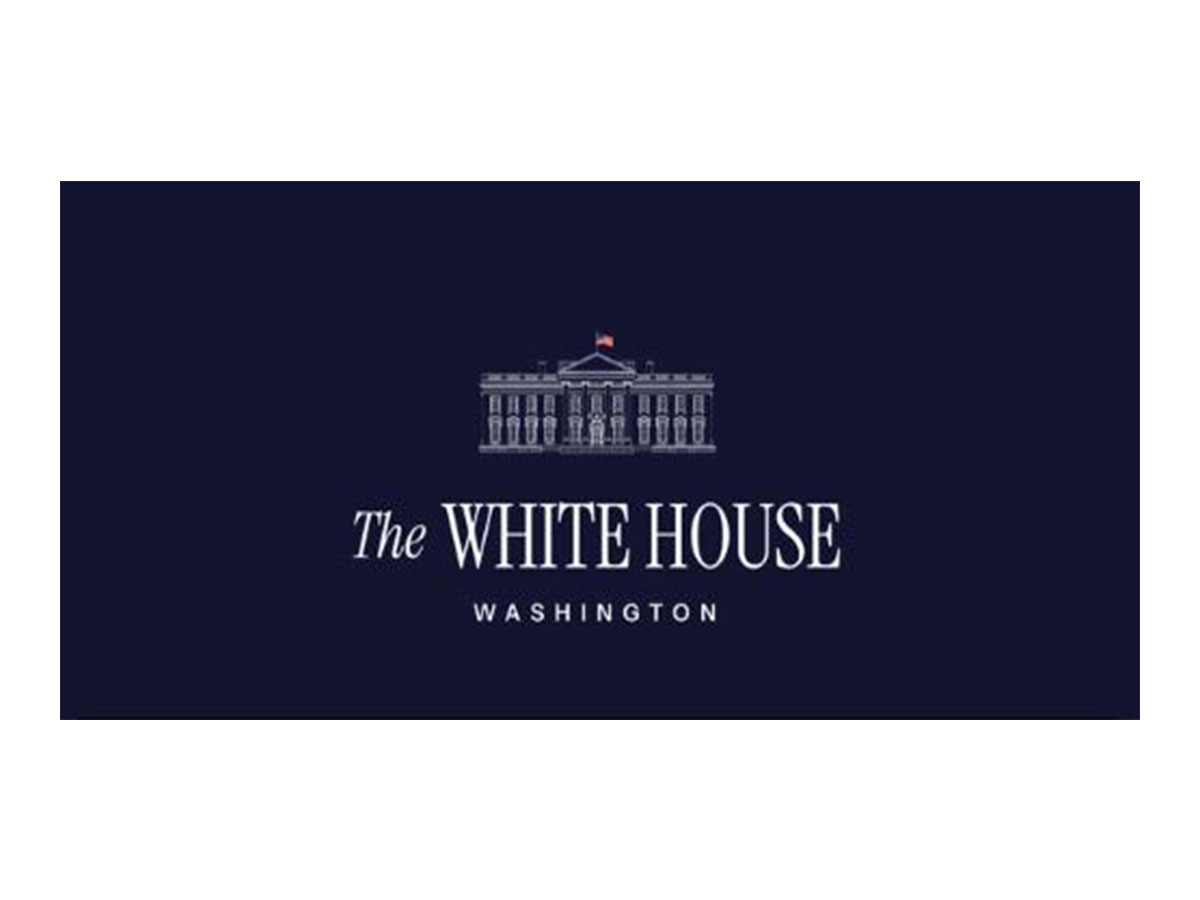
Strengthening Bilateral Economic Ties
The United States and Indonesia have taken a significant step toward enhancing their economic relationship by agreeing on a framework for negotiating a Reciprocal Trade Agreement. This initiative aims to boost bilateral trade and investment, creating new opportunities for businesses in both nations. The announcement was made through a joint statement released by the White House, highlighting the importance of this collaboration.
Key Provisions of the Agreement
One of the central goals of the agreement is to provide exporters from both countries with unprecedented access to each other’s markets. This effort builds upon the U.S.-Indonesia Trade and Investment Framework Agreement, which was signed in 1996. The new framework seeks to further deepen economic ties by addressing various trade barriers and promoting fair practices.
Under the proposed agreement, Indonesia will eliminate approximately 99% of tariff barriers for a wide range of U.S. industrial and agricultural products. In return, the United States will reduce reciprocal tariffs to 19%, as outlined in Executive Order 14257 issued in April 2025. Additionally, the U.S. may identify certain commodities that are not naturally available or produced domestically for further tariff reductions.
Facilitative Rules of Origin and Non-Tariff Barriers
To ensure that the benefits of the agreement are maximized for both nations, the two countries will negotiate facilitative rules of origin. These rules will help determine the eligibility of goods for preferential treatment under the agreement.
The agreement also addresses non-tariff barriers that could hinder trade. Both nations have committed to working together to resolve these issues, particularly in priority areas such as:
- Exempting U.S. companies and originating goods from local content requirements.
- Accepting vehicles built to U.S. federal motor vehicle safety and emissions standards.
- Recognizing FDA certificates and prior marketing authorizations for medical devices and pharmaceuticals.
- Removing specific labeling requirements.
- Exempting U.S. exports of cosmetics, medical devices, and other manufactured goods from certain requirements.
- Resolving long-standing intellectual property issues identified in the USTR's Special 301 Report.
- Addressing U.S. concerns with conformity assessment procedures.
In addition, Indonesia will work to remove import restrictions or licensing requirements on U.S. remanufactured goods and their parts. It will also eliminate pre-shipment inspection or verification requirements on imports of U.S. goods and adopt good regulatory practices.
Agricultural Cooperation
Agricultural cooperation is another key component of the agreement. The U.S. and Indonesia have committed to addressing and preventing barriers to U.S. food and agricultural products in the Indonesian market. Specific measures include:
- Exempting U.S. food and agricultural products from all import licensing regimes, including commodity balance requirements.
- Ensuring transparency and fairness regarding geographical indications.
- Providing permanent Fresh Food of Plant Origin (FFPO) designation for all applicable U.S. plant products.
- Recognizing U.S. regulatory oversight, including listing of all U.S. meat, poultry, and dairy facilities and accepting certificates issued by U.S. regulatory authorities.
Broader Areas of Focus
Beyond trade, the agreement includes provisions related to digital trade, labor rights, and environmental cooperation. Indonesia has committed to eliminating existing HTS tariff lines on 'intangible products' and suspending related requirements on import declarations. It also supports a permanent moratorium on customs duties on electronic transmissions at the WTO.
On labor rights, Indonesia has pledged to protect internationally recognized labor rights, including a prohibition on the importation of goods produced by forced or compulsory labor. It will also amend its labor laws and strengthen enforcement mechanisms.
Regarding environmental protection, Indonesia has committed to adopting and maintaining high levels of environmental standards. Measures include improving forest sector governance and combating illegal, unreported, and unregulated fishing and wildlife trade.
Industrial Exports and Supply Chain Resilience
The agreement also addresses industrial exports. Indonesia will remove restrictions on exporting industrial commodities, including critical minerals, to the U.S. Both nations have pledged to enhance economic and national security cooperation, focusing on supply chain resilience, innovation, and addressing unfair trade practices.
Upcoming Commercial Deals
Several major commercial deals are expected to follow from this agreement. These include the procurement of aircraft valued at $3.2 billion, the purchase of agricultural products estimated at $4.5 billion, and energy product purchases valued at $15 billion.
Next Steps
In the coming weeks, the U.S. and Indonesia will negotiate and finalize the agreement, prepare it for signature, and undertake domestic formalities before it comes into force. This marks a significant milestone in the evolving economic relationship between the two nations.
